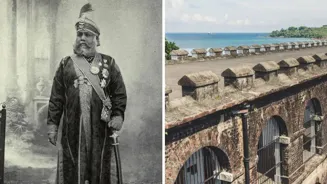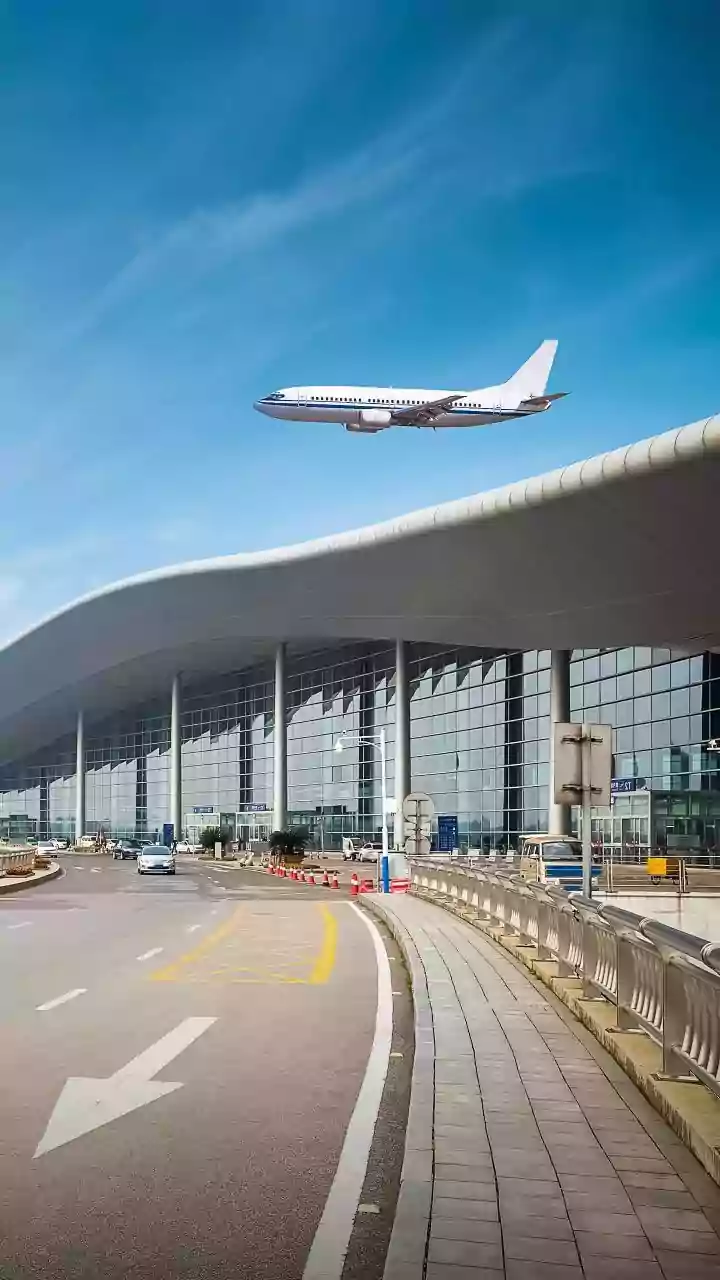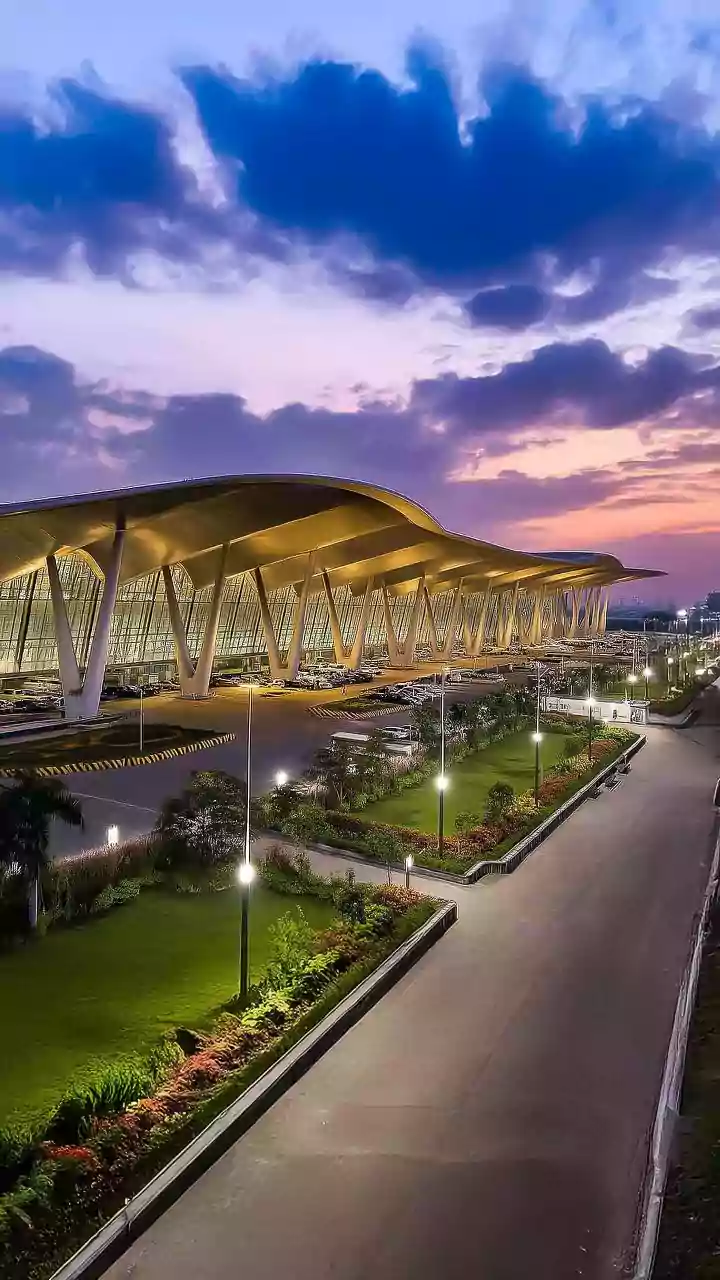It is easy today to cross the ocean and travel to foreign shores without facing any societal repercussions. Yet just a century ago, undertaking a sea voyage
could mean the loss of one’s caste. In orthodox Hindu tradition, crossing the seas was considered a breach of Dharma. Ancient texts such as the Manusmriti warned that travelling overseas (samudra-yatra) led to the loss of caste status and ritual purity. This is where the phrase Kala Pani, literally meaning “black waters”, came into use in Indian culture. It was a religious taboo for Hindus, and most avoided travelling abroad, since it meant social ostracism. For many communities, especially among the upper castes, the return from such a journey required purification rites or, at times, led to permanent exclusion. Those who undertook voyages across the oceans out of necessity, such as merchants, soldiers and labourers, were often made to undergo elaborate purification rituals. Kala Pani was also one of the reasons behind the Barrackpore Mutiny of 1824, led by Sepoy Bindee Tiwary. “In this rebellion, the 47th Bengal Native Infantry refused to board boats to cross the sea for various reasons, including the social taboo of ‘Kala Pani’, to Burma in the First Anglo-Burmese War. Consequently, British-manned artillery fired upon them and ‘erased’ them. In 1857, Barrackpore was the scene of an incident that some credit with the start of the Indian Rebellion of 1857,” states the website of Barrackpore Cantonment Board. The Maharaja of Jaipur, Sawai Madho Singh II (1862–1922), travelled to London on the ship SS Olympia, accompanied by 132 servants, a retinue of Hindu priests, and 8,000 litres of Ganga Jal (sacred water of the Ganges) stored in two enormous silver urns. The Globe, in its June 1902 edition, called it a “remarkable sight.” The Maharaja was attending the coronation of Edward VII following the death of Queen Victoria. “The pressing need to attend the coronation made things difficult for Madho Singh. On the one hand, if he did not attend, it would be a breach of etiquette that could have severe ramifications. On the other, attending would mean Kala Pani (black water, or crossing the ocean) and polluting his soul as per Hindu scriptures,” wrote Aditya Iyer in The Hindu in an article titled When the Ganges Came to London. After much deliberation, his council of religious and military leaders came up with a solution: he would carry Ganga Jal with him, which would prevent his soul from being corrupted. The Daily News reported in its coronation coverage: “Strange, indeed, to Western ideas, are the religious observances of our Oriental visitors.” The Maharaja was quoted in several newspapers in 1902, according to The Hindu. He said: “I hope by my conduct now and hereafter to my people that Rajput, even if he crosses the ocean, may yet be an upright Hindoo whilst he does his duty as vassal of the English Crown (sic).” The British colonial government, however, had little patience or respect for religious sentiments. It sought to permanently remove political prisoners from the mainland and chose the Andaman Islands for the construction of the Cellular Jail in 1896, which was completed in 1906. “The strategic location of the Andaman Islands, 1,200 km from the mainland and surrounded by the Bay of Bengal, made it a suitable place for a high-security prison. The government intended this separation to crush the spirits of the prisoners, sever their ties with their motherland, and halt their struggle for freedom,” states the website Andaman Love. And Kala Pani was at the heart of this punishment. “In traditional Indian society, people believed that by crossing the sea, individuals lost their caste and social standing. This cultural stigma added another layer of punishment for prisoners, as they were not only physically isolated but also culturally and socially ostracised. Thus, the phrase ‘Kala Pani’ came to symbolise complete disconnection from one’s roots and identity,” notes Andaman Love. What began as a fear of losing caste became, under British rule, a sentence of exile and silence in the Andamans.





















